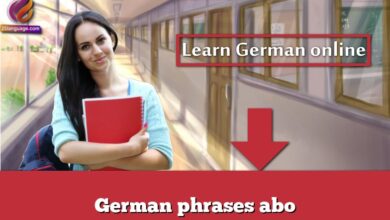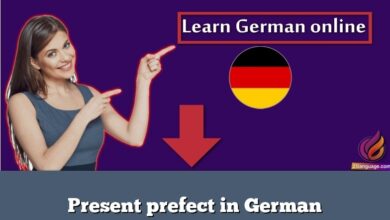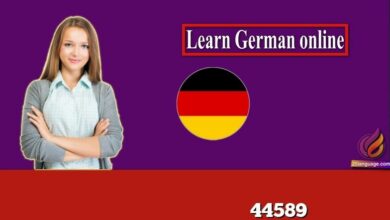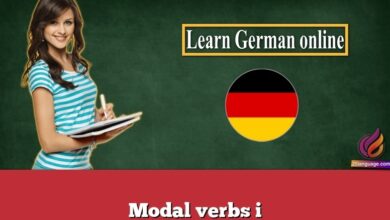Phrases in German
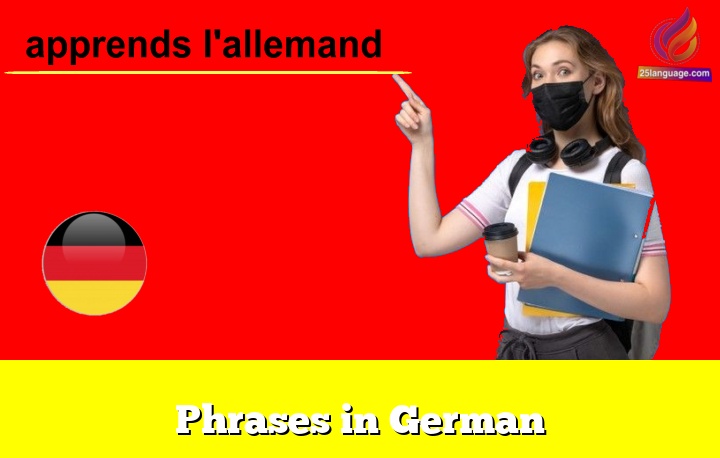
Today we are going to introduce you some of important Phrases in German, so you can use in different sides in your life.
Oh nein, ich habe überhaupt keine Lust dazu.
“Lust (zu etwas) haben” means “feeling like (it)”. “Ich habe keine Lust (dazu)” is “I don’t feel like (it)”. “Ich habe überhaupt keine Lust” emphasizes it, meaning “I don’t feel like it at all.”
Hast du die Aufgaben gemacht?
“Did you do your homework?”
Ja, im Bus.
“Yes, in the bus. “
This is a common practice of students everywhere in the world, I guess… Notice the contraction of “im”, which is derived from “in dem”, “in the”.
Super! Kann ich sie noch schnell abschreiben?
Super! Can I just quickly copy them?
“Super”, “Cool”, “Toll”, are common exclamations … “Noch schnell” is here meant as “while there is still time”
Lehrer (Betritt den Raum): Guten Morgen!
Klasse: Guten Morgen!
Wer möchte die Aufgaben an der Tafel rechnen? Florian?
“Who would like to do these questions on the blackboard?” Note that “Tafel” is related to “table”, meaning a flat surface, and indeed German “Tafel” can also designate a table prepared for a feast.
Don’t let the weird order of the words disturb you, even if the phrase seems totally incomprehensible at first.
I’ll try to construct this bit by bit: This is the basic question and answer pair:
“Wer rechnet?” – “Ich rechne.”
“Who calculates?” – “I calculate.”
To ask, if you want to do something, you use a construction similar to English:
“Wer will rechnen” – “Ich will rechnen.”
“Who wants to calculate” – “I want to calculate.”
Note that the “to” is already included in the German word “rechnen”. “Rechnen” is clearly already an infinitive, and doesn’t need a “zu” to prove it. This is one of the main reasons why complicated conjugations can survive, they contain information that doesn’t have to be expressed otherwise then…
To be a little more polite (or at least seem like it, since our teacher probably wouldn’t take a no for an answer)
“Wer möchte rechnen?” – “Ich möchte rechnen!”
“Who would like to calculate?” – “I would like to calculate”
This is another example for brevity by conjugation. The word “möchte” contains the “would”, as it is a “Konjunktiv”-form of the word “mögen” which translates to “like”.
Don’t be discouraged, many Germans don’t realize this, and many don’t use the Konjunktiv correctly, if ever.
However, “ich möchte”-phrases are extremely popular, so just use them, even if you didn’t understand yet a word of the explanation above 
“Wer rechnet die Aufgabe?” – “Ich rechne die Aufgabe”
“Who calculates the task?” – “I calculate the task”, meaning “Who answers the question”
This is a direct object, “Aufgabe” is in the accusative case. Because this is a feminine noun, this is not so obvious, but the structure is the same as in:
“Wer sieht den Mann?” – “Ich sehe den Mann.”
“Who sees the man?” – “I see the man.”
Now, we also have an adverbial expression of the place. This is an expression that defines the verb, thus ad-verbial.
“Wer rechnet an der Tafel?” – “Ich rechne an der Tafel”
“Who calculates on the blackboard?” – “I calculate on the blackboard”

